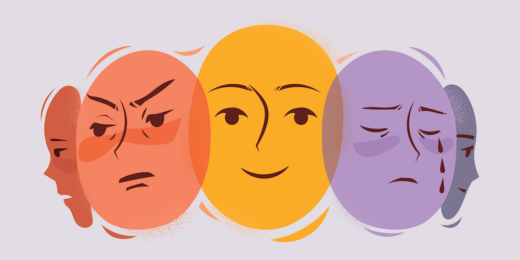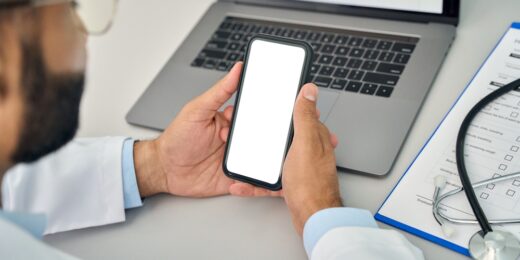Sitemap
- Addiction
- Aging & Geriatrics
- Allergies
- Alzheimer's
- Anemia
- Anesthesiology & Pain Management
- Animal Research
- Artificial Intelligence (AI)
- Asthma
- Autism
- Autoimmune Conditions
- Awards & Honors
- Biochemistry
- Bioengineering
- Blood Cancers
- Blood disorders (Hematology)
- Breast Cancer
- C Diff
- Cancer
- Cardiology
- Celiac Disease
- Cellular & Molecular Biology
- Cervical Cancer
- Chronic Fatigue Syndrome
- Cold & Flu
- Colorectal Cancer
- Community Programs
- COPD
- COVID-19
- Data Sciences
- Depression
- Dermatology
- Diabetes
- Digitally Driven
- Diversity, Equity & Inclusion
- Drug Development
- Ear, Nose & Throat
- Emergency Medicine
- Environment & Sustainability
- Epidemiology & Population Health
- Ethics
- Gastroenterology & Hepatology
- Genetics
- Gestational Diabetes
- Global Health
- Health Policy
- Hepatitis
- HIV, AIDS
- HPV (Human Papillomavirus)
- Huntington's Disease
- Immunology
- Immunotherapy
- Infectious Diseases
- Inflammatory Bowel Syndrome
- Innovation & Technology
- Internal Medicine
- Kidney Health (Nephrology)
- Liver Cancer
- Lung Cancer
- Lung Health
- Malaria
- Maternal Health
- Medical Education
- Medical Research
- Men's Health
- Microbiology
- Multiple sclerosis
- Neurobiology
- Neurology & Neurosurgery
- Nutrition
- Obstetrics & Gynecology
- Ophthalmology
- Orthopaedics
- Osteoporosis
- Ovarian Cancer
- Palliative Care
- Pancreatic Cancer
- Parkinson's
- Pathology
- Patient Care
- Pediatrics
- Physiology
- Precision Health
- Preventive Medicine
- Primary Care
- Prostate Cancer
- Psychiatry & Mental Health
- Radiology
- Rheumatoid Arthritis
- RSV (Respiratory Syncytial Virus)
- Salmonella
- SHC Tri-Valley
- Skin Cancers
- Sleep
- SM Partners
- Sports Medicine
- Stanford Health Care
- Stanford Medicine
- Stanford Medicine Children's Health
- Stanford School of Medicine
- Stem cells
- Stroke
- Surgery
- Transplantation
- Tuberculosis
- Type 1 Diabetes
- Type 2 Diabetes
- Undiagnosed
- Uniquely Stanford
- Urology
- Vaccines
- VF
- Wellness
- Women's Health
Latest Articles

Serious talk about moods with bipolar disorder expert Po Wang
Author Mark ConleyPublished on

Are long COVID sufferers falling through the cracks?
Author Beth Duff-BrownPublished on

Large language models in the clinic: AI enters the physician-patient mix
Author Anna Marie YannyPublished on

